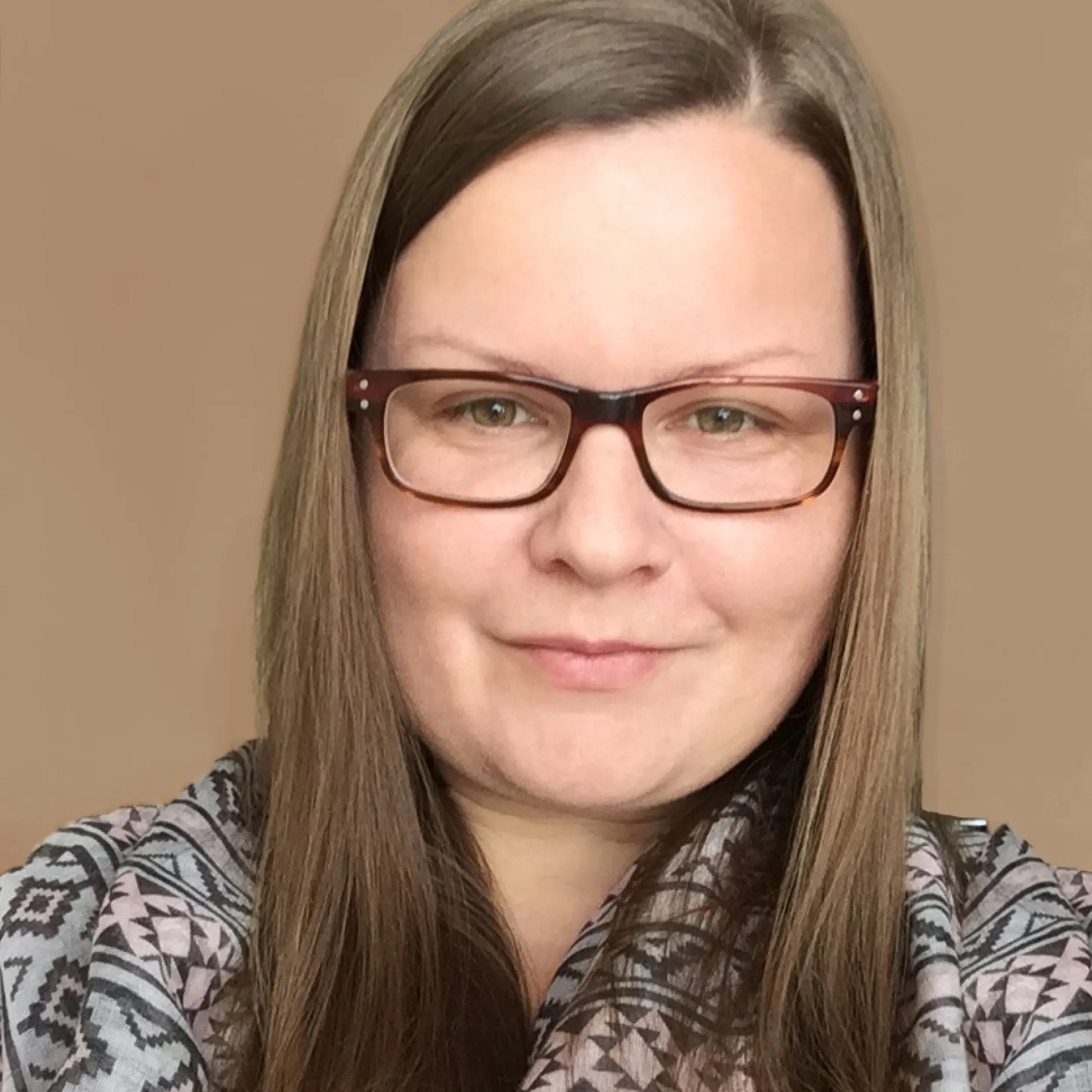Nataliia Laas specializes in environmental history, the history of energy, political economies of socialism and capitalism, consumer society and discard studies, and the history of the social sciences in Eurasia, with a particular focus on the Soviet Union.
Professor Laas works on a book project on waste and socialist environmental thinking, A Soviet Consumer Republic: Environmental Citizenship and the Economy of Waste in the Post-WWII Soviet Union. This work overturns the conventional view that the late Soviet economy was primarily plagued by shortages and shows that the chief difficulty was in fact overproduction and waste. A new challenge of overproducing factories, glutted markets, and the excess of useless commodities provoked popular “waste anxieties” about the overexploitation of natural resources, labor, energy, and capital. By the late 1980s, Soviet society became thoroughly engrossed in radiation- and nitrate-poisoning panics over toxic waste found in food, water, soil, and air. Concerns over waste represented a form of mass environmental thinking under socialism that defined the proper relations between the economy and the environment. Politicized “waste anxieties” prompted people to defend their consumer and environmental rights and to reimagine their relationship with the socialist state through the idea of environmental citizenship. By uncovering socialist waste, this project urges us to think about modern history as a history of the global movement of toxins, discards, and useless objects.
This project has been supported by a Harriman Institute Carnegie Research Grant from Columbia University, research grants from New York University, George Washington University, and Yale University, and—most recently—by the 2025 Fellowship from the American Council of Learned Societies.
Professor Laas’s articles on Soviet economic and environmental history appeared in Slavic Review and Kritika: Explorations in Russian and Eurasian History. These publications explore how women in large cities used their economic power to demand food security and hygienic improvements to their neighborhoods during late Stalinism and how later, in the 1980s, this growing consumer power enabled the recognition of new consumer and environmental rights under Soviet law. In addition to her scholarship, Professor Laas provides commentary on current affairs in Eastern Europe, Ukraine, and Russia. For her latest contribution, see a panel discussion “Destruction of the Kakhovka Dam: Ecocide, Humanitarian Crisis, and Societal Response,” which analyzes environmental effects of Russia’s war on Ukraine.
Before coming to WashU, Nataliia Laas served as a Postdoctoral Fellow at the Jordan Center for the Advanced Study of Russia, New York University and a Henry Chauncey Jr. ’57 Postdoctoral Fellow at the Jackson School of Global Affairs, Yale University.


